The basic eligibility to become an astronaut is a bachelor's degree in STEM subjects. Know how to become an astronaut; interesting facts and lifestyles about being an astronaut.
Table of Contents
- How to Become an Astronaut?
- What Do Astronauts Do?
- Eligibility Criteria to Become an Astronaut
- Career as an Astronaut
- Job Roles for an Astronaut in India
- National Salary of an Astronaut
- Life of an Astronaut
- Skills Required for an Astronaut
- Interesting Facts About Astronauts
- Reference Books for an Astronaut
How to become an astronaut, and what's more exciting than pursuing a career as an astronaut? If people ask the same question to an astronaut, they will talk for hours or even days together, why being an astronaut is fantastic and life-changing. The minimum requirement is two years of related professional experience, or at least 1,000 hours of pilot-in-command time in jet aircraft. It is filled with hard work and plenty of effort needed, but it will definitely be exciting and rewarding for those curious enough to know.
How to Become an Astronaut?
Maybe many of them know about astronauts working on the International Space Station, or heard about NASA's plans to send humans back to the Moon or maybe you've been following the ongoing Mars exploration and want to visit the planet for yourself one day! Whatever student inspiration has been, one knows they want to become an astronaut. So how do they get there, and what can one do to make it possible?
Let's start with the basic requirements:
- Master's degree in a STEM field, or
- Two years of work toward a PhD program in related science, technology, engineering or math fields.
- A Doctorate in Medicine or Doctorate in Osteopathic medicine degree.
- Completion (by June 2021) of a nationally recognized test pilot school program.
- Two years of professional experience in related fields, or minimum of 1,000 hours of pilot-in-command time in jet aircraft.
- Students can also go for subject internships during their study period to gain extensive knowledge in the field, which might prove helpful to candidates in the future.
Not every STEM (Science, Technology, Engineering, and Maths) degree will qualify you to be an astronaut. NASA or ISRO will be looking for people with a degree in Engineering, Biological Science, Physical Science (like Physics, Chemistry, or Geology), Computer Science, or Mathematics.
If you're in high school, or even middle and elementary school, now is a great time to explore all of the related fields of study to help understand the ones you like most, your natural talent, and even the ones you don't find as interesting.
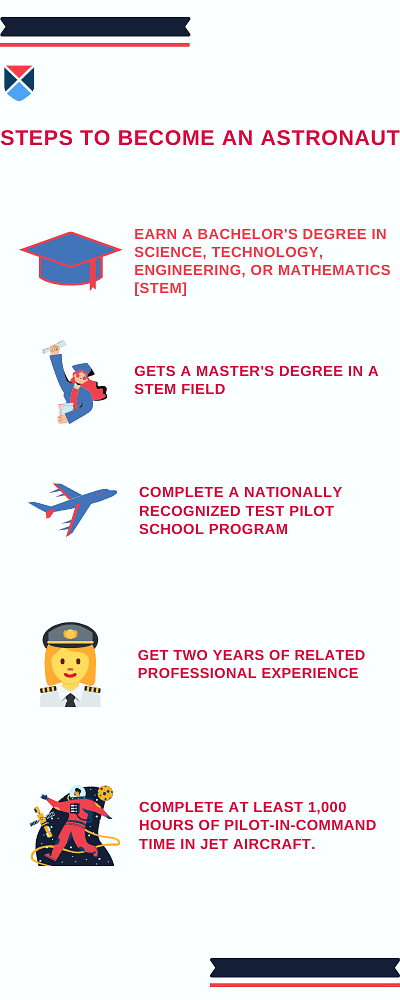
What Do Astronauts Do?
People have in their minds the common question: "What do astronauts do?", How to become an Astronaut? What all courses can one pursue to become an Astronaut? What are the fees for the course? Etc.
Below are the roles, responsibilities, or daily activities of an astronaut.
- There are various roles that an astronaut does apart from the ultimate goal of research and scientific purpose that they have been officially sent to do.
- They serve as part of the spacecraft's crew, ranging from a mission specialist to a commander.
- The more experience that an individual has, the more responsibilities they get.
- As an astronaut, they help to ensure the safety of the spacecraft and the other crew members.
- They help each member of their crew maintain normal functions and stay safe to work through the missions. Though this may seem relatively straightforward, it sure is not. A minor mistake or lack of attention to detail can be life-threatening as well.
Eligibility Criteria to Become an Astronaut
The basic eligibility requirements and the first step to becoming an astronaut are clearing their 10th and 12th board exam or relevant diploma degree from a recognized board or university with exceptional marks.
The following is the eligibility criteria to pursue a career as an Astronaut.
- While opting for 12th, the aspirant must have taken up Maths, Physics, Chemistry, or Biology and passed the 12th (10+2) exams with distinctive marks.
- Next, they must focus on their bachelor's degree from a recognized university.
- The degree must be in the Science field, preferably Physics, Chemistry, Maths, Biology, or Aerospace Engineering.
- Postgraduate and doctorate is a must as well, and the specialization must be in the same stream.
- After graduation, they can sit for the exam held by NASA to recruit scientists and astronauts.
- To join ISRO, one needs to clear the Joint Entrance Exam, held by the IITs.
- The graduate must be a citizen of that country where they are applying to be an astronaut.
- Must pass the rigorous physical fitness test that will be conducted and also have perfect vision.
- And to be a mission specialist, the aspirant must have three years of related and responsible experience.
Education Qualification Required to be an Astronaut
To pursue a career as an astronaut, one must have studied different fields of Science, Physics, Mathematics, or any science-related subjects, but not all subjects are eligible for that.
Here is a list of the few academic courses that can launch one's career in space travel -
- B.Tech Electrical Engineering
- B.Sc Astrophysics
- M.Sc Biochemistry
- B.Tech Civil Engineering
- B.Tech Electronics Engineering
- B.Tech Mechanical Engineering
- B.Tech Aeronautics
- M.Sc Geology
The following are top colleges for aeronautical engineering that can help boost one's astronaut career -
Career as an Astronaut
An astronaut is a trained professional in a human spaceflight program to command, pilot, or serve as a spacecraft crew member. These professionals travel to space on various missions for scientific or research purposes. Career as an astronaut is not easy, like how one gets on a flight to various destinations. An astronaut spends hours and months and maybe even years of excessive training to go to space.
As an astronaut, one must be willing to do hard work, work well under pressure, and easily adapt to changes. Therefore, if aspirants are very passionate about pursuing a career as an astronaut and are willing to work hard and long towards learning, training, and gaining the required experience, one should go for it because, in the end, it's all worth it.
Job Roles for an Astronaut in India
Astronauts are well-known personalities in the space sector. Each astronaut has a specific role depending on the onboard (ISS and pilot spacecraft, i.e., space shuttle) space station experiment and their experience.
The related experiments include,
- Space Environment
- Microgravity and Radiation
- Crystal Growth
- Mutation of Viruses
There are several opportunities for an astronaut in the following sector-
- The Auxiliary Propulsion System Unit (APSU)
- Vikram Sarabhai Space Centre (VSSC)
- Aerospace Industry
- National Aeronautical Laboratories (NAL)
- Hindustan Aeronautics Limited (HAL)
- Defense Research and Development Organisation (DRDO)
- Indian Space Research Organisation (ISRO)
- The Development and Educational Communication Unit (DECU)
- National Aeronautics and Space Administration (NASA)
- The SHAR Centre at Sriharikota
National Salary of an Astronaut
An astronaut can make up to INR 50,000 per month in the initial stages. The average pay scale of an astronaut is around INR 9.5 lakh per annum to INR 14.5 lakh per annum. It depends on the position, experience, knowledge, skills, and work nature.
India's ISRO doesn't have any such space missions to send astronauts to space; hence, maybe in the future, it can be more likely due to the advancement in technology. However, when it comes to salary, astronauts are paid by the Government of the land they work in and hence are on government pay scales. ISRO astronaut salaries have a range of INR 1.5 lakh per annum to INR 6.2 lakh per annum.
Below is the estimated national astronaut salary offered per year.
| Astronaut | Salary (Per Annum) |
| Entry Salary (1-3 Years of Experience) | INR 4.70 |
| Average Salary | INR 6.40 |
| Senior Salary (8+ Years of Experience) | INR 8 |
| Average Bonus | INR 14,000 |
Life of an Astronaut
Life in space is not the same as living on earth. In space, the bodies of the atmosphere change. On earth, our lower bodies and legs carry our weight. It helps keep our bones and muscles strong. In space, the astronauts are floating. They do not use their legs too much. As a result, their lower backs begin to lose strength. Their leg muscles also work. The bones began to weaken and become thinner. This is very bad for the bodies of the atmosphere. How, then, do astronauts help their muscles and bones? They have to get used to space every day.
The following are the pros of being an astronaut -
- Astronauts will contribute to advancements in this field that will contribute to their country and science progress.
- If one has a keen interest and curiosity for space and everything related, this career is pretty much suitable for aspirants.
- One will experience and see things that only a few people on earth will get a chance to experience (once in a lifetime experience).
- This job will help an astronaut have a more patient approach towards life.
The following are the cons of being an astronaut -
- Astronaut life is at risk when they are on a mission.
- Rigorous training with hard and long working hours.
- Astronauts will have to stay away from friends and family for a long period.
- Becoming a successful astronaut can be very time-consuming.
Skills Required for an Astronaut
Skills are essential for this field, without which one cannot move forward in this career. Be it hard skills or soft skills, they complement each other and are necessary to progress in any career.
Here are the essential skills required for an astronaut -
- Intelligence
- Adaptability
- Dynamic personality (Adaptive and Flexible)
- Having maintenance and repair skills
- Mastery in scientific scrutiny
- Exceptional communication skills
- Learning Russian
- Physically fit
- Having good eyesight
- Handling pressure well
- Exceptional multi-tasking skills
- Showing curiosity and energy
- Getting along with people in cramped quarters
- Mental Endurance
- Leadership skills
- Experience in piloting jet aircraft
Interesting Facts About Astronauts
Spending life in space is far different from spending it on the earth; many things are different. The astronauts' bodies change in space, and the way they keep themselves clean and presentable is different, so astronauts need to stay strong, clean, and organized.
Here are the interesting facts about astronauts and space travel that everyone must know.
- Heart and blood change in space, too. When they get up from the earth, blood goes to their legs. The heart has to work harder against gravity to move blood around the body.
- In space, without being pulled by gravity, blood flows to the body and head. Water in the body does the same thing. It makes the faces of the astronauts look arrogant.
- Astronauts' bodies take a few days to make more blood and water.
- Astronauts need to rest so that their bodies have time to make fresh blood and water. If they do not, they may feel very weak. They may even faint!
- The astronauts use toothpaste and brushes like yours. There's no sink like yours in the Space Shuttle, though. The astronauts should spit on the washing cloth.
- People bath differently in space, too. The astronauts use special types of soap and shampoo. These soaps do not need water to wash.
- The astronauts must use them carefully. They don't let the soap bubbles go everywhere.
- After bathing, they use a towel to dry. They do not wash.
- These are special soaps and shampoos designed for hospitals. Patients who do not have access to water use these soaps.
Reference Books for an Astronaut
If one needs to know about life in space and how an astronaut is being prepared for anything, they must improve their knowledge on the related field.
Here are the best books that one can refer to as an astronaut.
- An Astronaut's Guide to Life on Earth by Chris Hadfield
- Fundamental Astronomy by Karttunen, Kroger, Oja, Poutanen, Donner
- Compilers: Principles, Techniques, and Tools, also known as the Dragon Book by Aho and Ullman
- Carrying the Fire: An Astronaut's Journeys by Michael Collins
- A Brief History of Time
- Flying to the Moon: An Astronaut's Story by Michael Collins
- Physics of Materials: Essential Concepts of Solid-State Physics Prathap Haridoss
- Book by Stephen Hawking
- Geotechnical Engineering Book by B.M.Das and K.R.Arora

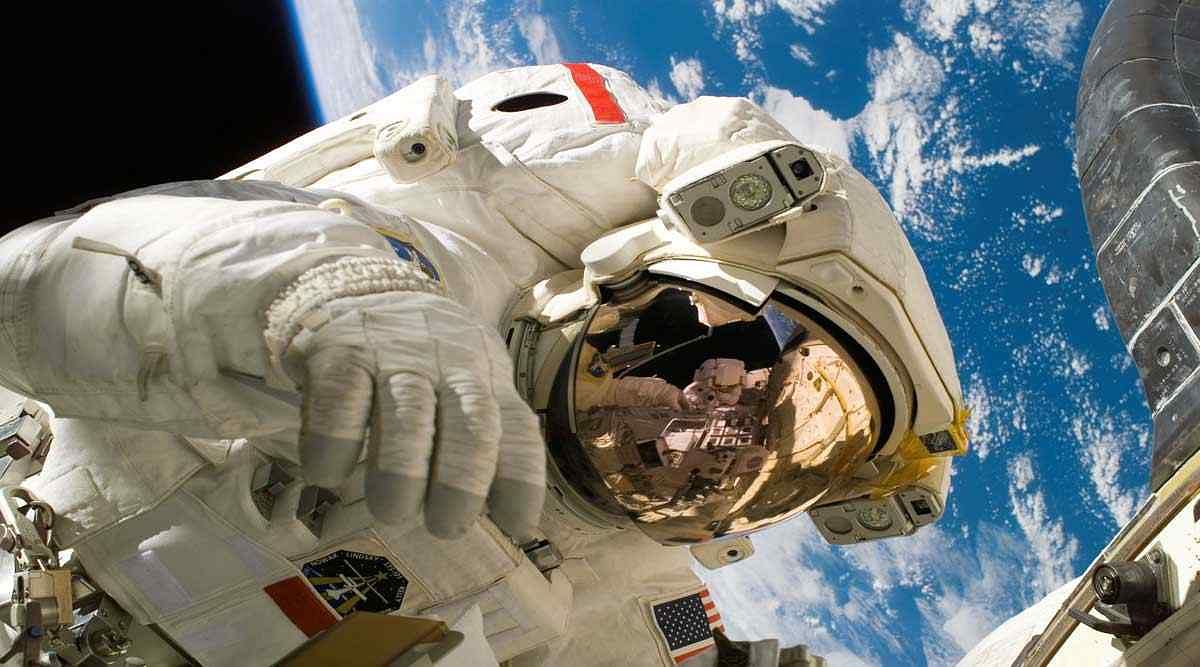





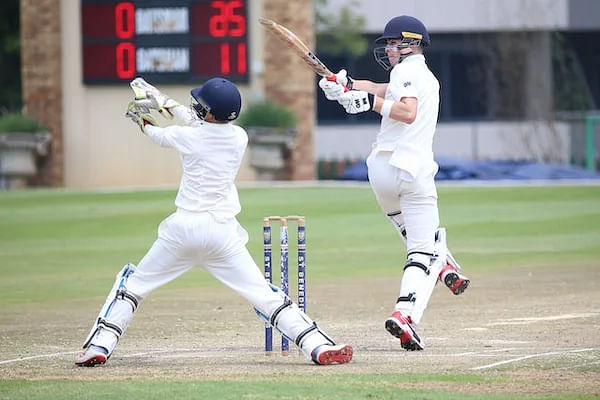




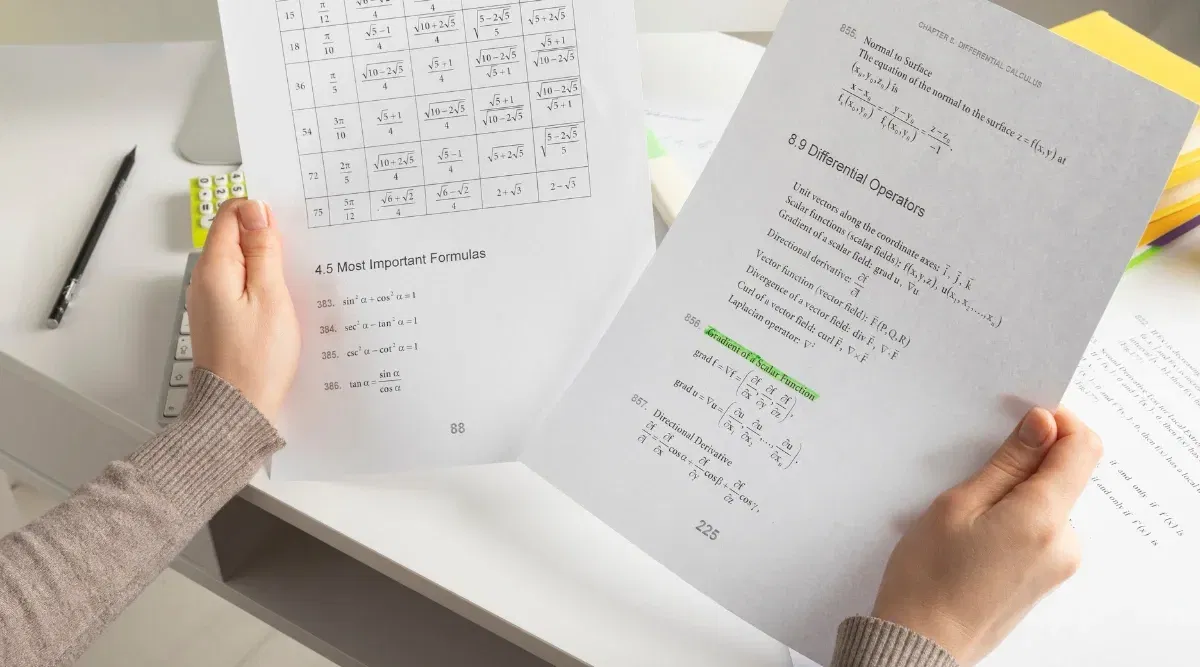
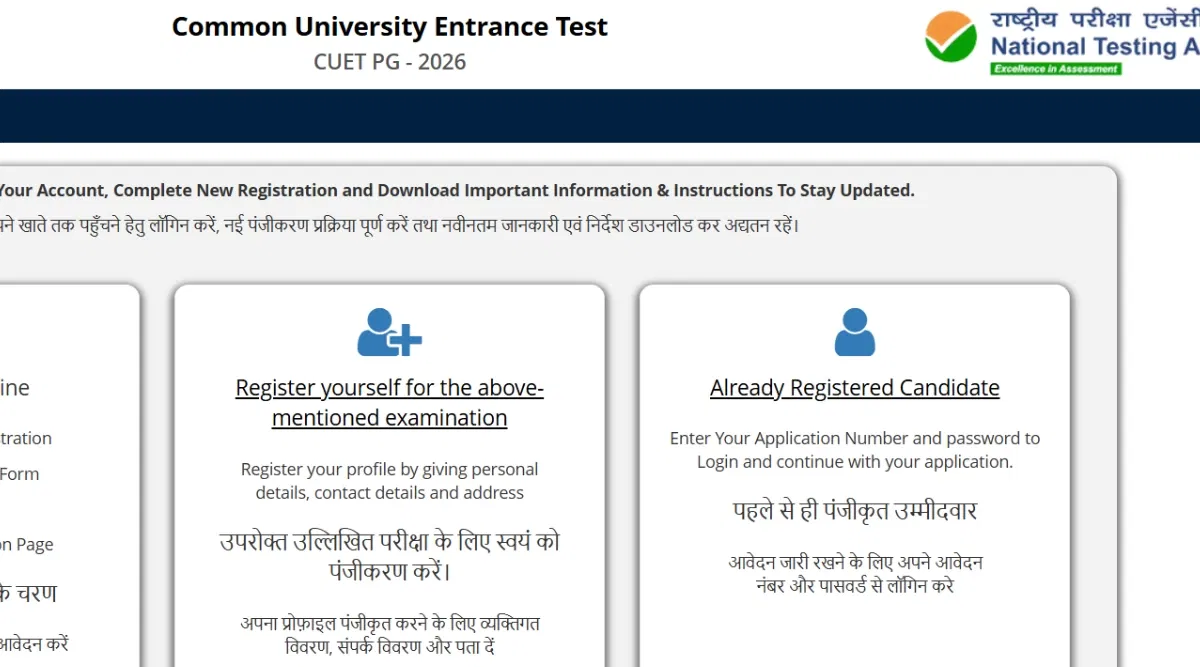
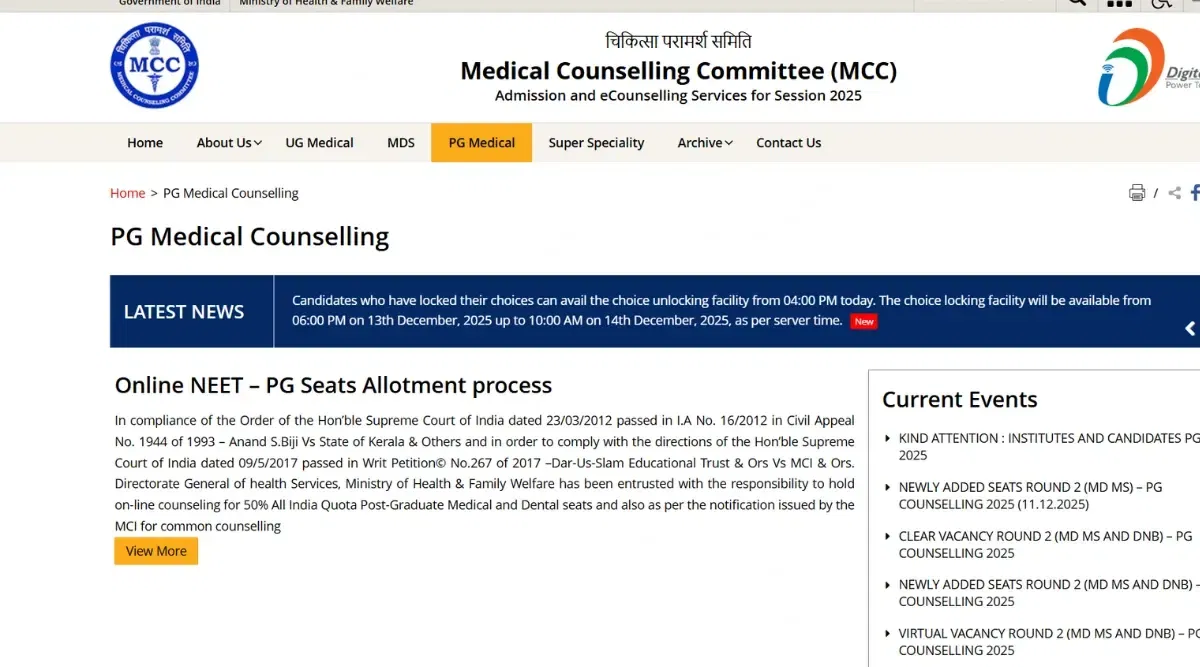


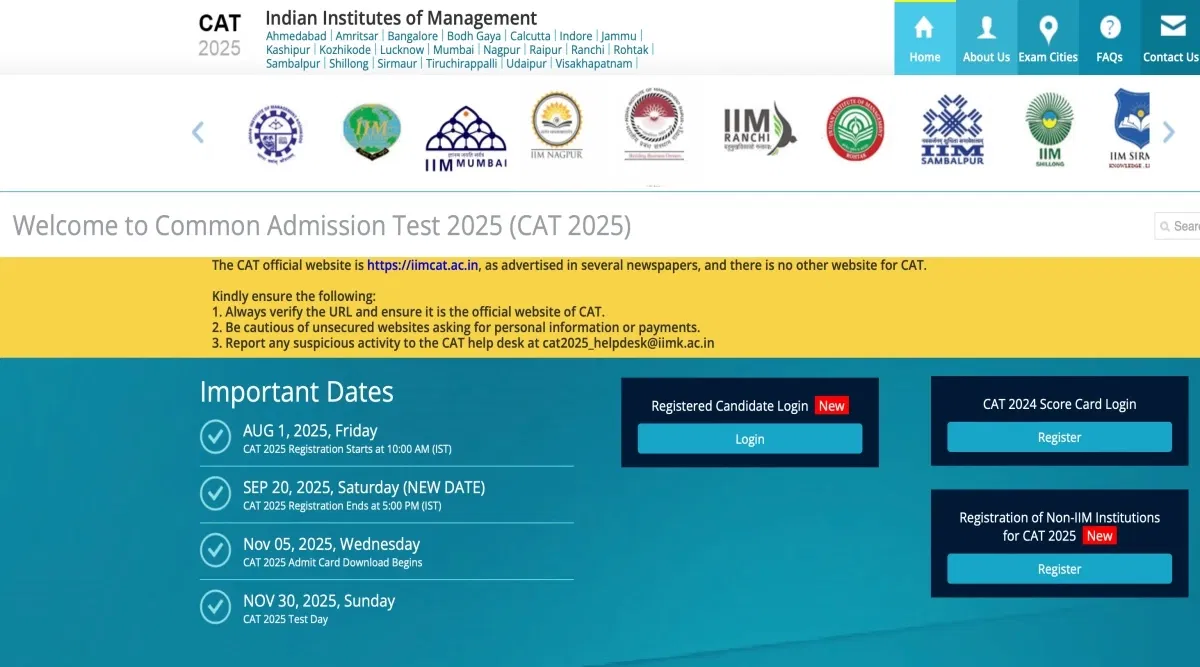



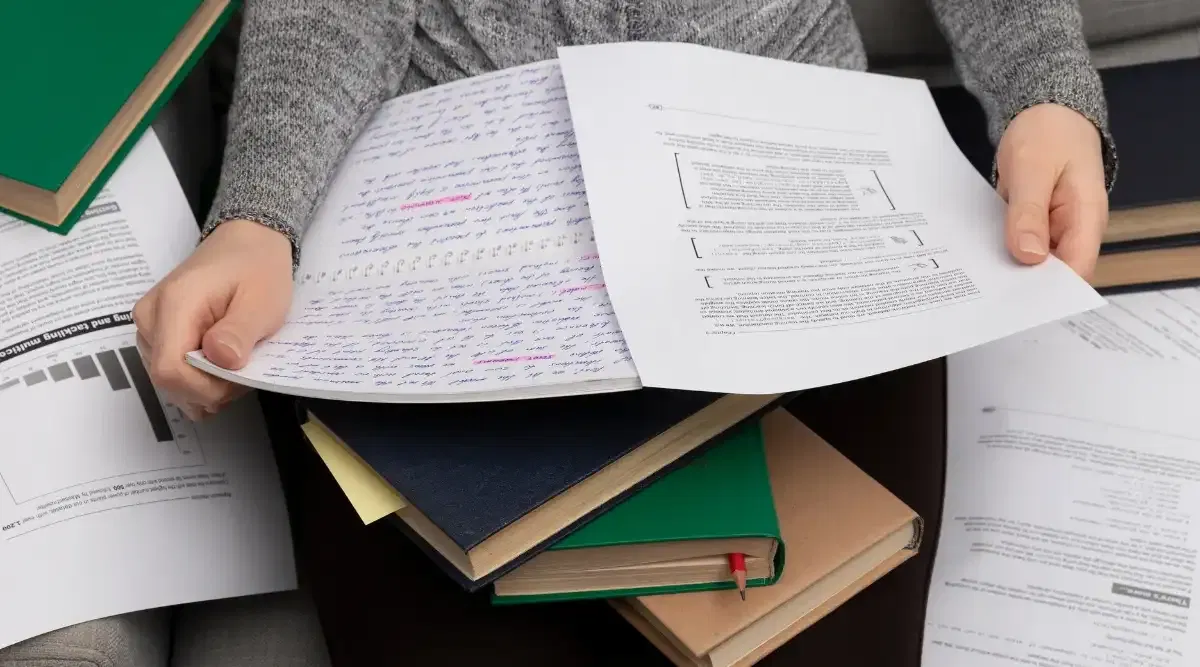

POST YOUR COMMENT